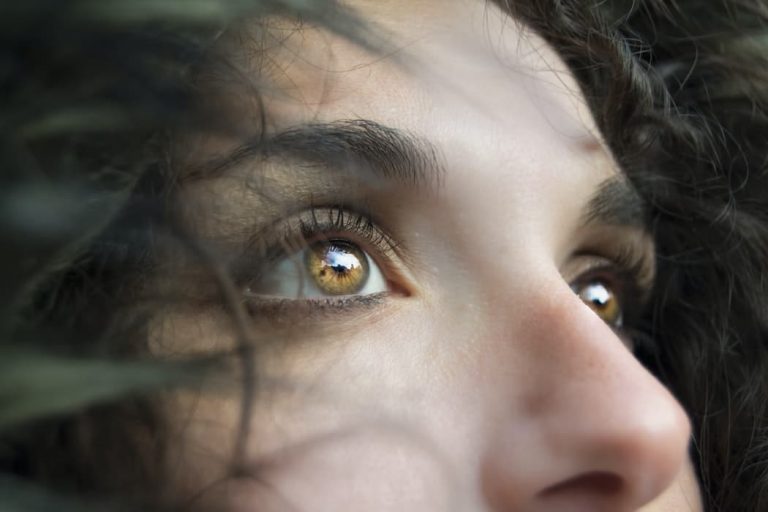The turbinates are three pairs of structures within the nose that warm, moisten and filter the air that you inhale. Unfortunately, they can become enlarged, swollen or displaced, causing a nasal blockage, difficulty breathing and inability to smell the flowers at The Albany Victory Gardens. When this happens, turbinate reduction surgery may be required.
Below is an overview of what to expect before, during and after a turbinate reduction surgery.
Before Turbinate Reduction Surgery
At the consultation appointment for your turbinate reduction surgery, your doctor will provide specific instructions about what medications you should avoid and which you can continue to take. They will also tell you when you should stop eating and drinking leading up to the surgery.
You’ll also be asked questions about your medical history during this appointment. It’s important to be honest with your doctor, as this information is crucial for determining if you need certain tests before your surgery.
On the day of the surgery, show up for the procedure ready to remove jewelry, glasses, contacts, dentures and hearing aids.
During Turbinate Reduction Surgery
There are different methods for performing turbinate reduction surgery:
- Cauterization, coblation and radiofrequency reduction involve a specialized needle-like device that uses heat or energy to cause scar tissue to form on the turbinates, reducing their size. This option can be performed with local anesthesia, and no special preparation is typically needed.
- Surgical removal of the turbinates involves shaving away the turbinates and part of the bone beneath them, which is performed under a general anesthetic. This option is reserved for more severe cases of turbinate enlargement.
After Turbinate Reduction
After your surgery, you’ll stay in the clinic to be monitored. Once you’re ready to go home, the doctor or nurse will provide instructions on how to care for yourself. You’ll likely be prescribed pain medication and told to drink plenty of clear fluids. You may feel nauseous, dizzy or drowsy. Use a humidifier or saline nasal spray to avoid crusting at the surgical site.
For more information about turbinate reduction surgery or to schedule a consultation with an expert ear, nose and throat physician, call Albany ENT & Allergy Services today.
